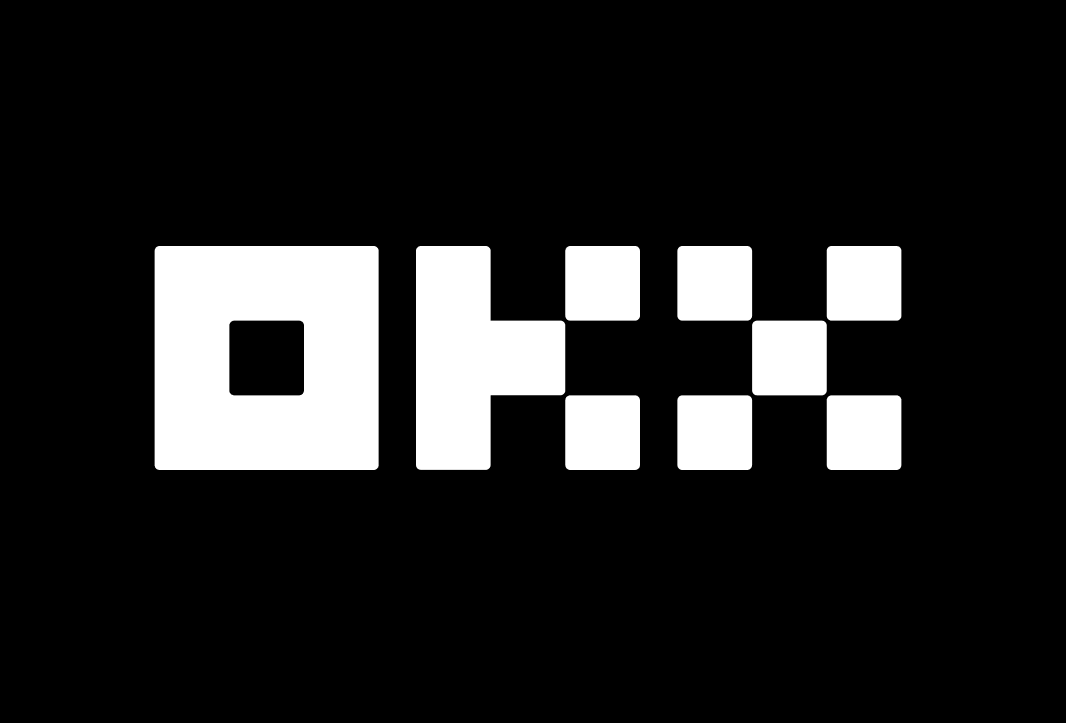
OKX Ceases Operations in India Amid Regulatory Pressure
OKX, a major crypto exchange, has announced the termination of its services in India, citing regulatory challenges. The decision comes amidst increased scrutiny from Indian authorities and follows actions taken by both Apple and Google to remove various crypto apps from their stores in the country earlier this year.
OKX’s decision to exit the Indian market comes nearly three months after the Financial Intelligence Unit (FIU) of the Indian Ministry of Finance issued compliance notices to nine foreign crypto exchanges, including OKX. Despite not being explicitly named in the initial list of blocked exchanges, OKX has now informed its Indian users to close their accounts and withdraw funds by April 30.
The move underscores the challenging regulatory environment faced by crypto exchanges in India, characterized by unclear guidelines and strict government actions. While discussions regarding a regulatory framework have been ongoing for years, the Indian government has yet to provide clarity on the legal oversight of the crypto market.
One of the key regulatory hurdles for crypto businesses in India is the taxation regime, which imposes a hefty 30% tax on crypto income without provisions to offset losses, along with a 1% tax deducted at source (TDS) on each crypto transaction. These tax measures, combined with the lack of regulatory clarity, have prompted several established players to explore opportunities elsewhere.
India’s regulatory approach to cryptocurrencies has been met with criticism, with market participants advocating for clearer regulations akin to those governing traditional financial markets. Despite calls for a structured regulatory framework, the Indian government has maintained a cautious stance, emphasizing the distinction between cryptocurrencies and fiat currencies.
The crackdown on crypto exchanges operating illegally in India has intensified in recent months, with the FIU identifying several exchanges in violation of anti-money laundering regulations. While some local exchanges have registered with the FIU and complied with regulatory requirements, many international exchanges, including OKX, have remained non-compliant.





